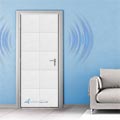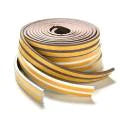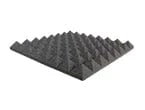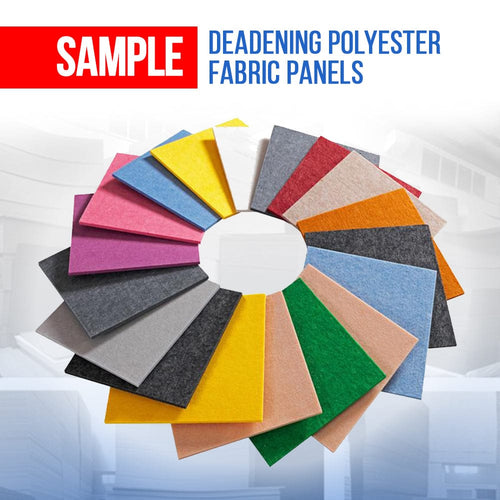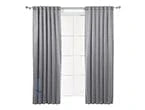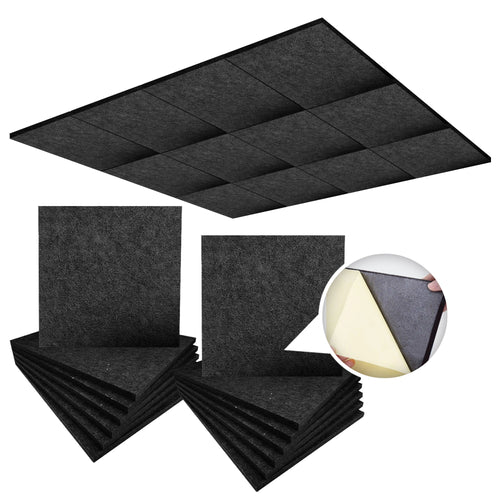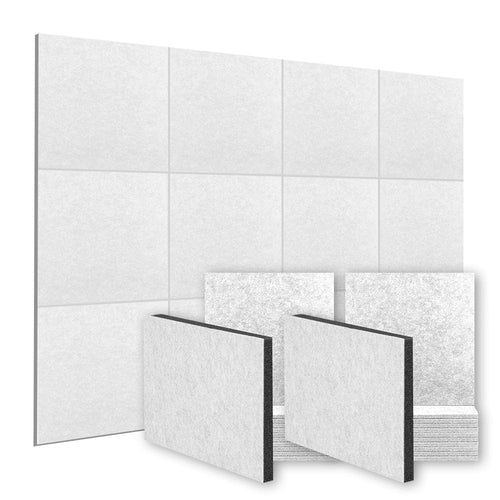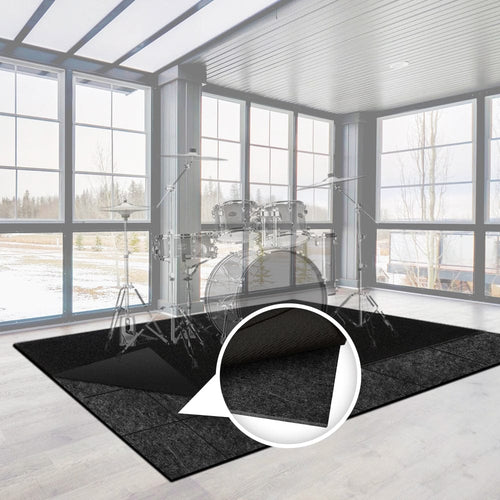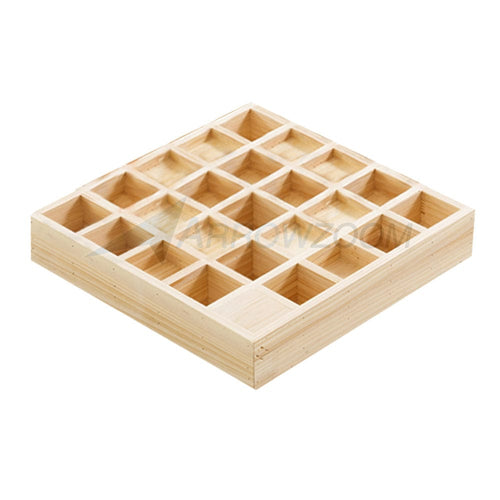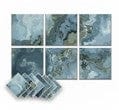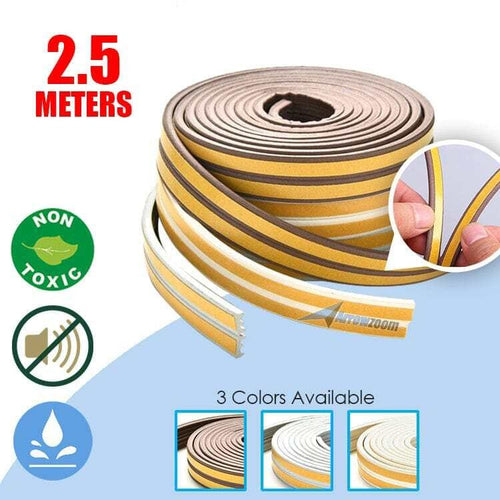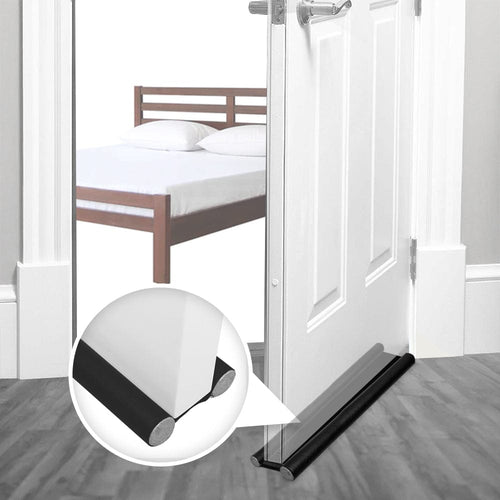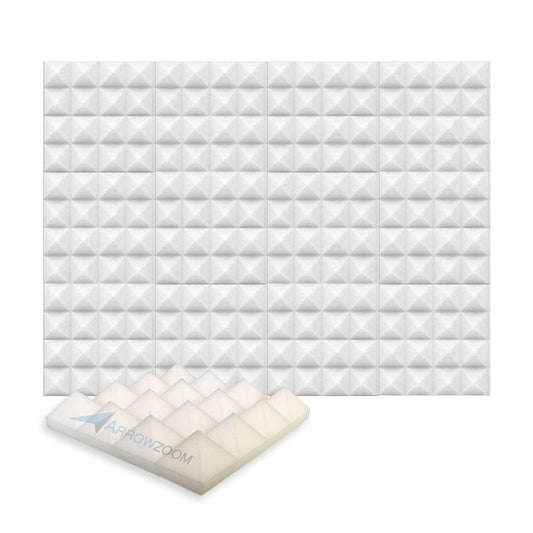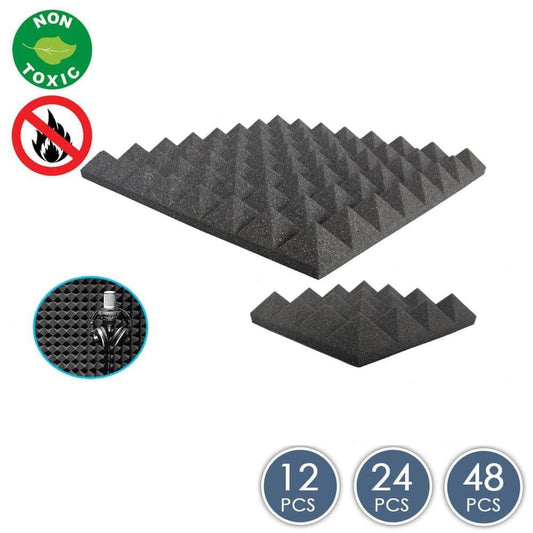
One of the main reasons for bringing these sound-absorbing wall panels and acoustic foam is to reduce the amount of reverberation in a particular room. This form of acoustic treatment reduces the average echoing time of the sound waves and thus reduces the noise. From echo reduction to complete sound deadening, these sound-absorbing panels, when encasing a speaker foam, dampens standing waves in the cabinet in the form of resonance. Standing waves will create peaks and dips in the reproduction spectrum. Acoustic Dampening smooths out those peaks and dips to a more uniform response.
Pros and cons of acoustic foams in speakers
The presence of acoustic foam not only acts as a comprehensive sound absorber but also brings home an enhanced sound and speech quality. The sound-absorbing materials used in the foam encapsulating the speaker’s surface from within effectively absorb sound energy and stop this energy from echoing or bouncing back in the room or reflecting off surfaces. Here in this article, we will delve deeper into the pros and cons of using an acoustic foam in speakers for a better listening experience!
PROS:
1)Dampening the echo, thus improving the sound quality

Using the technique of sound absorption for a better listening experience, acoustic foams in speakers reduce echoes and reverberations, thus improving the resulting sound quality. Improves sound quality by damping echo at shorter wavelengths (higher frequencies) (concerning foam thickness) and enclosure dimension-dependent internal standing waves. It all depend on the foam thickness that proves sufficient in providing a respite from loud noise.
2)Improves bass in typical enclosures

Acoustic foam in speaker enclosures dampens the standing sound waves in the cabinet in the form of resonance. A more uniform response from the peaks and dips formed through the standing waves is best for typical undersized enclosures. Increasing enclosure effective air volume makes the improved bass quality the lowest. Too much eats up internal air volume as expected when reaching optimal density. Increased effective air volume increases compliance which is useful in typical undersized enclosures.
3)Dampens resonances through the wall
When glued to the enclosure walls, the acoustic foam improves quality by damping wall resonances. Damping the standing waves at lower frequencies, removing necessary echoes and background reverberations happens not just by blocking sound but by absorbing it.
CONS:
1)Limits upgradation and expandability
The introduction of acoustic foams in a speaker implies that you may have fewer source inputs on integrated amp/speakers (which can be solved with a mixer). You can avoid this by skipping the foam and filling the enclosure with polyester fiber.
2)Not made for small speakers
Small speakers might use sheep wool, or synthetic fibers as the 1-2 inch thick foams are used in larger speaker enclosures. Using foam steals acoustic volume rather than increasing it. Therefore, it is not recommended for bookshelf speakers.
3)The material and labor cost
The cost of the material and the installation charge for acoustic foams in speakers might turn quite hefty. The foam and filling in the enclosure can be replaced with polyester fibers that might compensate for fitting well in the budget range. There also might be a release of volatile organic compounds through plastic foams(VOCs), turning hazardous for health.
Choose what suits your needs best

Be it sound absorption or complete soundproofing, you always would desire an acoustic treatment to refrain from loud unwanted noise entering and exiting the premises. Sound absorbing panels, acoustic foams, and other such absorbent materials, when installed in a device, come with their own set of advantages and disadvantages and so can be used appropriately only once you are aware of their pros and cons and could demarcate as to which one to choose when! Go through both pros and cons, and then decide what fits your choices best!



